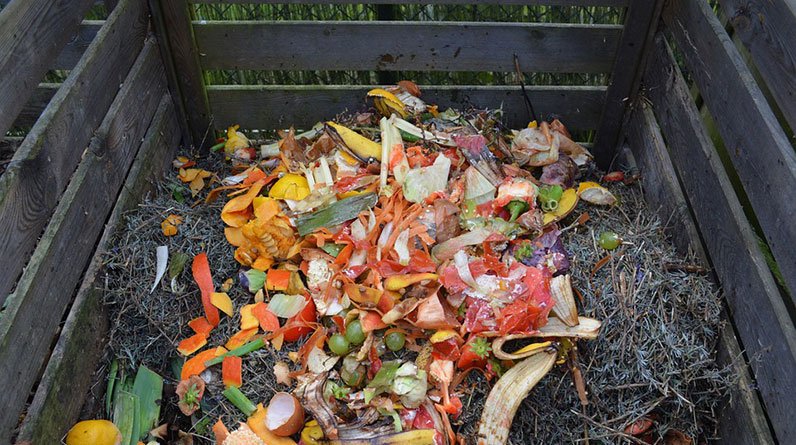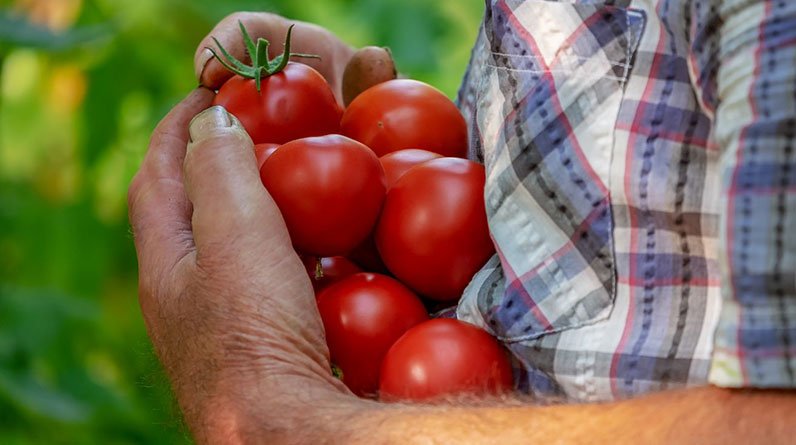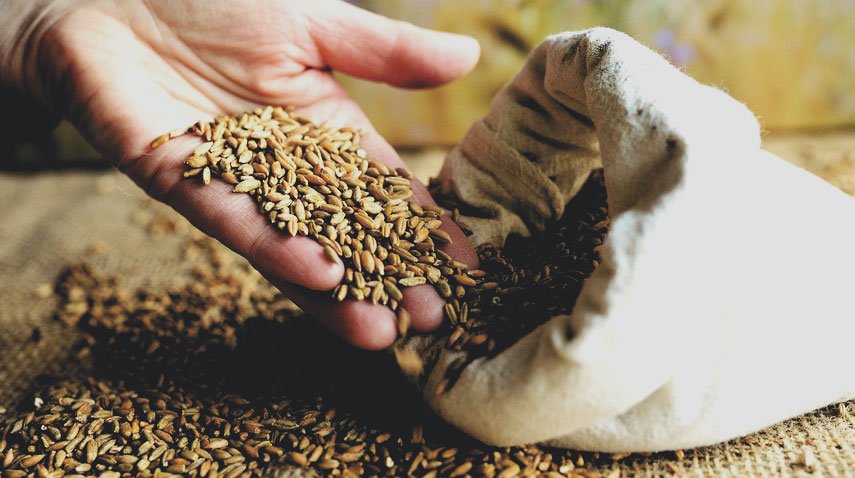
Growing Your Own Organic Food
Growing your own organic food can be a rewarding and fulfilling experience. It allows you to have control over how your food is grown and what goes into it, and it can also provide numerous other benefits.
One of the main benefits of growing your own organic food is that it can be more nutritious than conventionally grown produce. Organic food is grown without the use of synthetic pesticides and fertilizers, which can leave residue on the fruit and vegetables you eat.
By growing your own organic food, you can be sure that you are consuming produce that is free from these chemicals. Additionally, organic food is often fresher than store-bought produce, as it is typically harvested at the peak of ripeness, rather than being picked early to be shipped long distances.
This can result in a more flavorful and nutrient-rich final product. Overall, growing your own organic food can provide numerous benefits to your health and well-being.
Here are just a few of the many benefits of growing your own organic food.
Healthier and Tastier Produce
Organic food is generally considered to be healthier and tastier than conventionally grown food. Organic farming practices do not use synthetic chemicals, such as pesticides and fertilizers, which can be harmful to human health. Instead, they rely on natural methods to control pests and promote plant growth.
As a result, organic produce is often higher in nutrients and lower in harmful chemicals than conventionally grown produce. It can also have a more complex and flavorful taste.
One reason that organic food is often considered to be tastier is that it is typically harvested at the peak of ripeness, rather than being picked early to be shipped long distances. This allows the fruit and vegetables to develop their full flavor before being consumed.
Additionally, organic farming practices often prioritize flavor and quality over yield, which can result in more flavorful produce. Overall, the combination of healthier and tastier produce makes growing your own organic food a rewarding and enjoyable experience.
Environmental Benefits
Organic farming practices are better for the environment than conventional farming methods. They promote soil health and biodiversity, which helps to reduce erosion, improve water quality, and promote the health of ecosystems. Organic farming also reduces the number of synthetic chemicals that enter the environment, which can be harmful to wildlife and water sources.
Growing your own organic food can also help to reduce your carbon footprint. By producing your own food locally, you can reduce the energy and resources required for transportation and distribution.
This can help to reduce your overall environmental impact. Plus, by choosing to grow your own organic food, you can support sustainable agriculture practices and contribute to the health of the environment. Overall, the environmental benefits of growing your own organic food make it a sustainable and responsible choice.
Support for Small Farmers
Buying organic food often supports small, local farmers who use sustainable and ethical farming practices. These farmers often use traditional growing techniques and sell their produce directly to consumers or through local markets. Supporting small farmers helps to keep local agriculture alive and promotes a more sustainable food system.
You can also support small farmers by purchasing organic seeds and plants from local sources, or by participating in community-supported agriculture (CSA) programs.
These programs allow you to purchase a share of a local farm’s produce, which can help to support small farmers and promote sustainable agriculture. Overall, growing your own organic food or supporting small farmers is a great way to contribute to the health of your local food system and promote sustainability.
Cost Savings
While organic food may cost more at the grocery store, growing your own organic produce can save you money in the long run. By starting your own garden, you can reduce or eliminate the need to buy produce, which can be expensive, especially if you’re buying organic. You can also save money by starting your own seedlings and saving seeds from year to year, rather than buying new plants or seeds each season.
Improved Mental and Physical Health
Growing your own organic food can have numerous mental and physical health benefits. Gardening can reduce stress, improve mental health, and increase physical activity. It can also provide a sense of accomplishment and connection to nature. Plus, the act of growing and harvesting your own food can be a relaxing and meditative activity.
Consuming a diet rich in fresh, organic produce can provide numerous nutrients that are essential for good health, such as vitamins, minerals, and antioxidants.
Plus, gardening can be a moderate-intensity physical activity, which can help to improve cardiovascular health, strengthen muscles, and improve flexibility. Overall, the combination of mental and physical benefits can make growing your own organic food a truly rewarding and fulfilling experience.
Educational Opportunity
Growing your own organic food can also be a great educational opportunity for you and your family. You can learn about the different plants and their specific growing requirements, as well as the natural processes that support plant growth. You can also learn about sustainable agriculture and the importance of protecting the environment.
Growing your own organic food can also provide an opportunity to learn about nutrition and healthy eating. You can learn about the different nutrients that different plants provide, and how to incorporate a variety of fresh, organic produce into your diet.
You can also use your garden as a chance to teach children about where their food comes from and the importance of eating healthy. Overall, growing your own organic food can be a fun and educational activity for the whole family.
Self-sufficiency
Growing your own organic food can also increase your self-sufficiency. It can provide you with a source of fresh produce, even if you don’t have easy access to a grocery store or farmers market. It can also provide a sense of security and independence, knowing that you have the ability to grow your own food.
In conclusion, there are many benefits to growing your own organic food. From healthier and tastier produce to environmental and cost-saving benefits, starting an organic garden can be a rewarding and fulfilling experience. Whether you have a large backyard or just a small balcony, it’s possible to start growing your own organic food and reaping the benefits.




